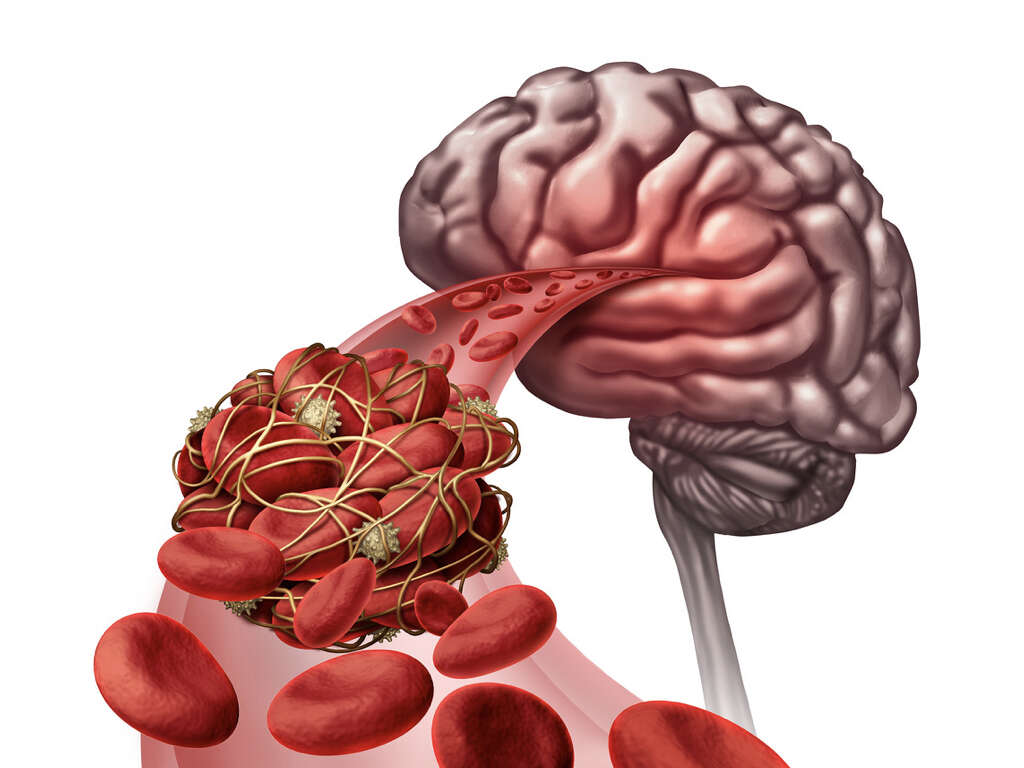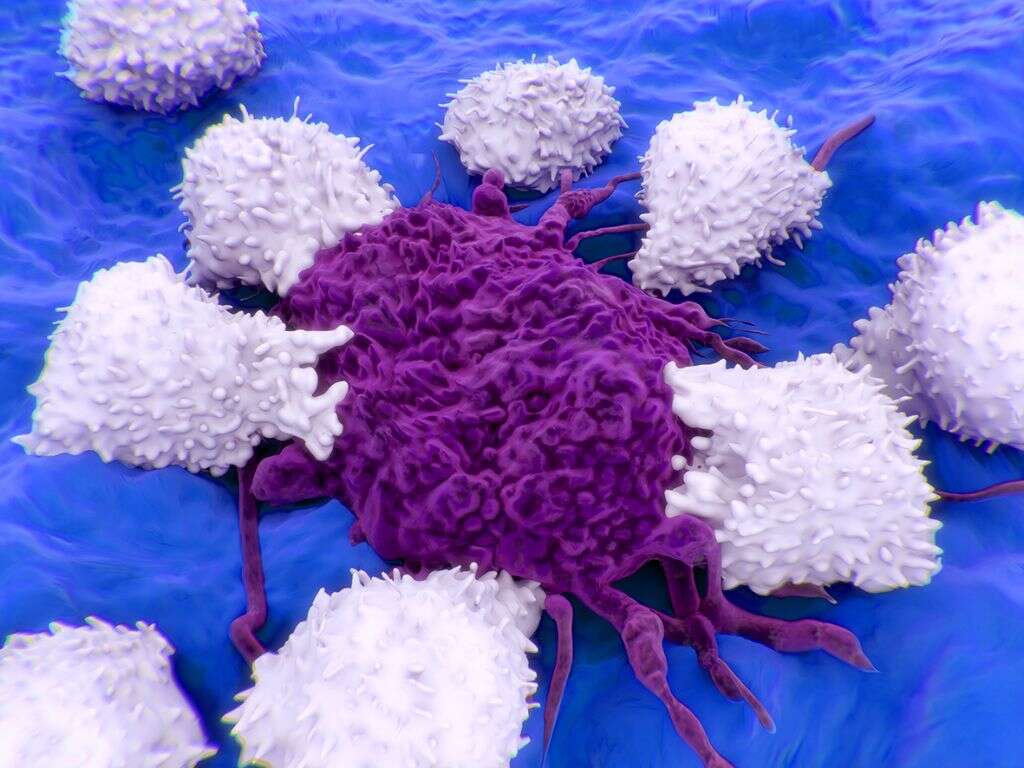10 Symptoms of Sjogren's Syndrome
Sjogren’s syndrome is a problem that arises when the immune system can’t function properly. In a normal immune system, the white blood cells work to fight to get rid of invaders and pathogens like bacteria and viruses. In the case of Sjogren’s syndrome, the immune system considers white blood cells enemies and begins to attack them.
Sjogren’s is a type of autoimmune disease and can branch out into a fairly serious health problem. That said, not everyone experiencing the problem will suffer the entirety of the symptoms. It can be quite subtle in some people and become more of a hindrance than a life-threatening illness. Ninety percent of people who develop this problem are female. There are about 4 million people suffering from Sjogren’s in the United States alone.

Symptom #1: Dry Eyes
One of the earliest and easiest symptoms of Sjogren’s to detect is dryness of the eyes. It generally occurs because the tear glands get inflamed, which prevents the necessary amount of water from reaching the eyes themselves.
You may notice that your eyes begin to sting or get rather itchy. Some people have reported that it can become serious enough to be similar to having sand in your eyes. The eyes can become red and swollen, from the condition itself and from excessive scratching or rubbing of the eyes.

Symptom #2: Dry Mouth
Another one of the earliest and easiest symptoms to detect is dryness of the mouth. This occurs for similar reasons as those which cause dry eyes: inflammation of the glands in the mouth become inflamed, which leads to problems. The mouth is not able to receive as much saliva as it needs and you may experience dry mouth, or ‘cottonmouth’ as a result.
It can become serious enough that the tongue might get stuck to the roof of your mouth at times. This is much more intense than the feeling that you get when you’re a little bit dehydrated. You may develop a hoarse voice and experience changes to taste preference.

Symptom #3: Dental Health Issues
This is most often a result of the dry mouth symptom. It’s important that you get enough saliva. If you don’t, your teeth and gums are likely to recede quicker. You’re also more susceptible to developing infections in your mouth and in your throat.
The most common dental issues associated with people suffering from Sjogren’s include quickly decaying teeth and receding gums. They may also develop mouth ulcers relatively easily.

Symptom #4: Joint and Muscle Pain
Experiencing joint and muscle pain doesn’t mean that you’re developing Sjogren’s syndrome. There are tons of problems that cause you to experience discomfort in these areas, like arthritis or just general fatigue.
That said, sometimes doctors are hesitant to diagnose somebody with Sjogren’s just because they have pain in their joints and muscles. There have been cases where patients have waited several years before receiving the correct diagnosis.

Symptom #5: Swollen Glands
We have already mentioned that some of the glands in the mouth and eyes can become inflamed as a result of Sjogren’s, but these are certainly not the only glands that can be affected.
There are many areas in the body that can become swollen and inflamed as a result of Sjogren’s. The most commonly affected areas are the neck, the face, the armpits, and the groin, and any areas that lymph nodes are found.

Symptom #6: Fever
A fever is generally an immune response to a certain type of condition. They can occur when fighting off a bacterial or viral infection, and also when the organs in the body become inflamed. In this case, Sjogren’s may cause the heart, liver, or kidneys to become inflamed. As a result, patients may find that they experience recurring fevers.
The fevers are generally not too intense, however, they are still an indication that the problem is developing and should be attended to. Since there are so many conditions that cause fevers it can be difficult to identify whether or not someone is suffering from Sjogren’s.

Symptom #7: Fatigue
It’s not uncommon for people suffering from Sjogren’s to feel extremely tired and lethargic. It can be difficult to find motivation to perform simple tasks and this can adversely impact the quality of your daily life.
Fatigue tends to occur when the body is occupied dealing with something. In this case, with the immune system being compromised, the body is struggling to maintain homeostasis. This requires an intense amount of energy and can lead people into fatigue.

Symptom #8: Dry Cough
This is another symptom that’s certainly not exclusive to Sjogren’s symptom, and another reason that the problem can be difficult to diagnose. If you go to the doctor complaining of a dry cough, a fever, and joint pain, they probably won’t jump to tell you that you have Sjogren’s.
The cough tends to get worse in windy weather or in areas where air is difficult to breathe. Even subtle changes to air temperature and pressure may spur coughing fits, such as entering a room with a fan.

Symptom #9: Difficulty Breathing
This is another symptom that occurs in people suffering from Sjogren’s, particularly those who experience a heavy dry cough. It can be difficult for someone with breathing difficulty to assume that they have Sjogren’s syndrome, especially since many of the patients are in their later years. Breathing difficulty is a fairly common occurrence among people who are growing older.
It’s still a good idea to get checked out by the doctor if you’re experiencing trouble breathing. This, combined with your other symptoms, may be enough for you to get properly diagnosed.

Symptom #10: Weight Loss
There are a number of reasons that people suffering from Sjogren’s syndrome may experience sudden weight loss. However, there are also a number of other conditions that are known to cause weight loss.
The fatigue, hormonal changes and immune problems caused by Sjogren’s can all lead to changes in appetite and metabolism. You may be less inclined to eat, particularly if you are suffering from a fever.
Weight loss is often indicative of a more serious problem, so if you are experiencing any of these other symptoms and notice that your weight has begun to drop, you may want to ask a medical professional to see if you fit the diagnosis for Sjogren’s syndrome.












